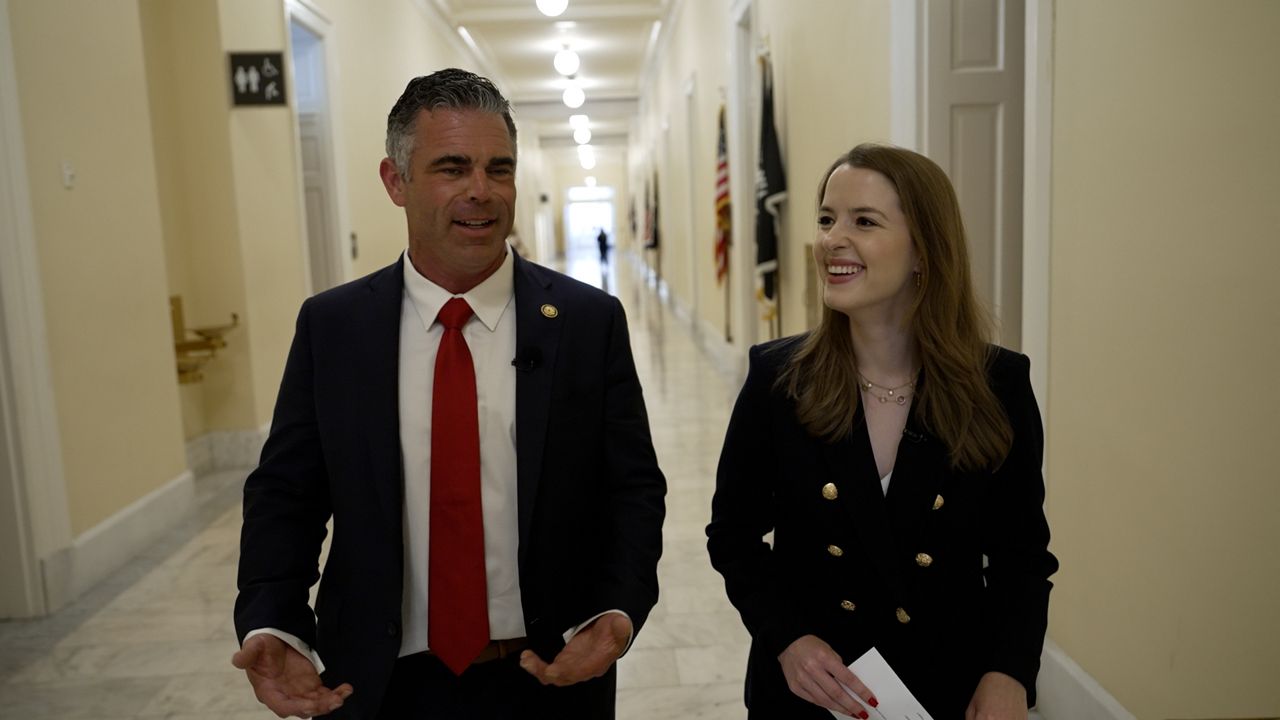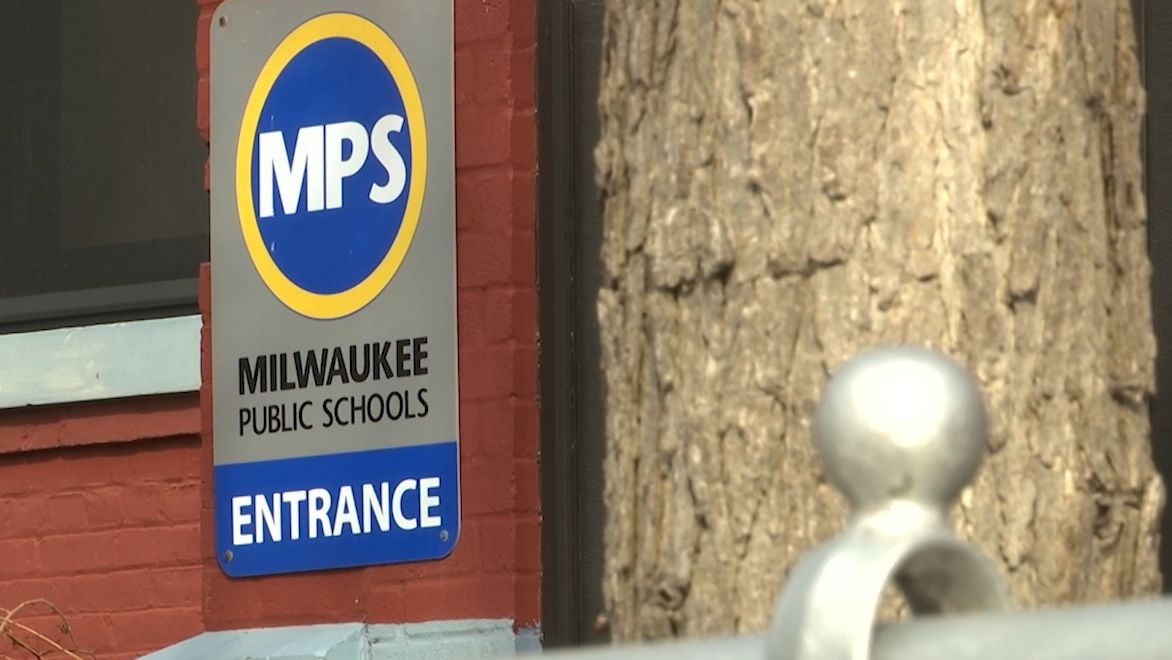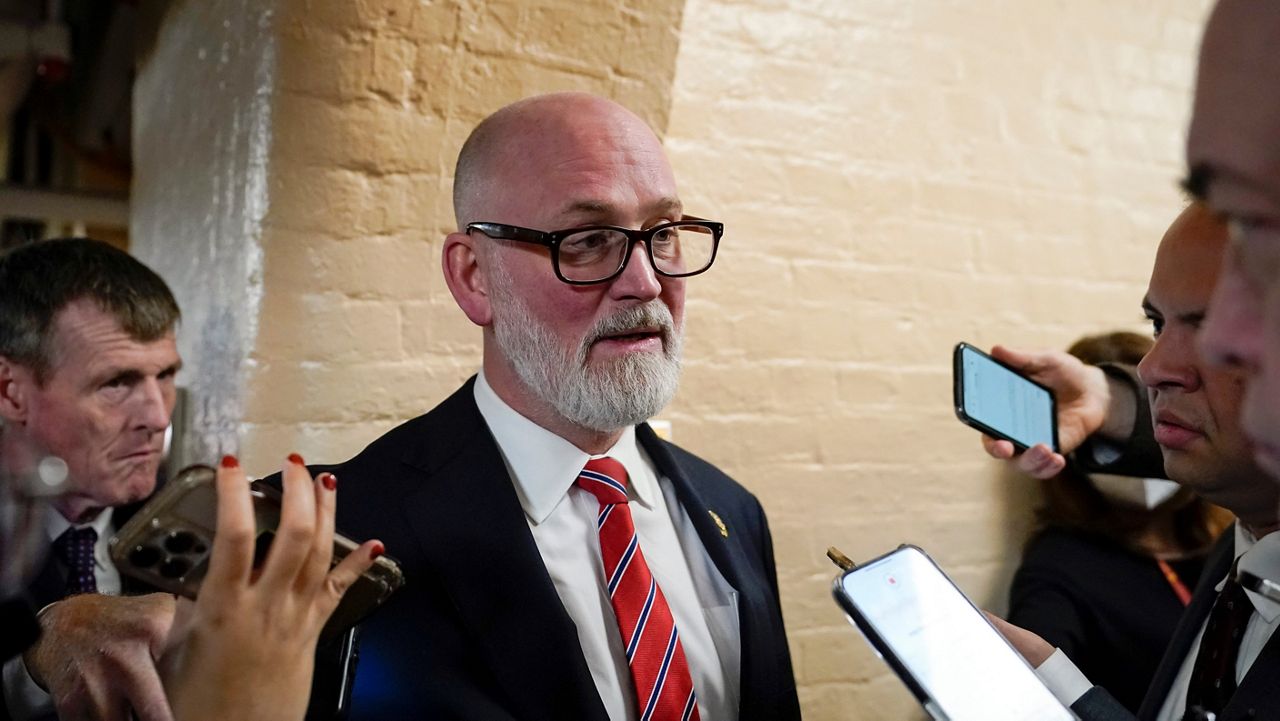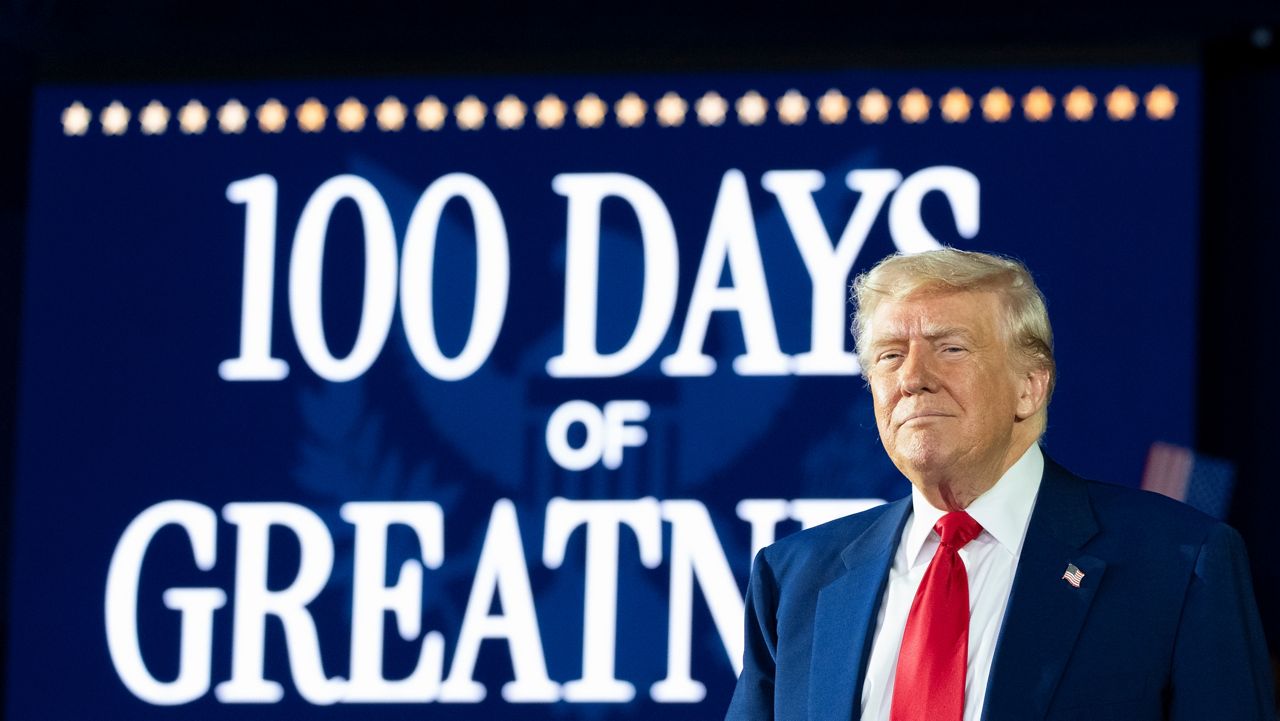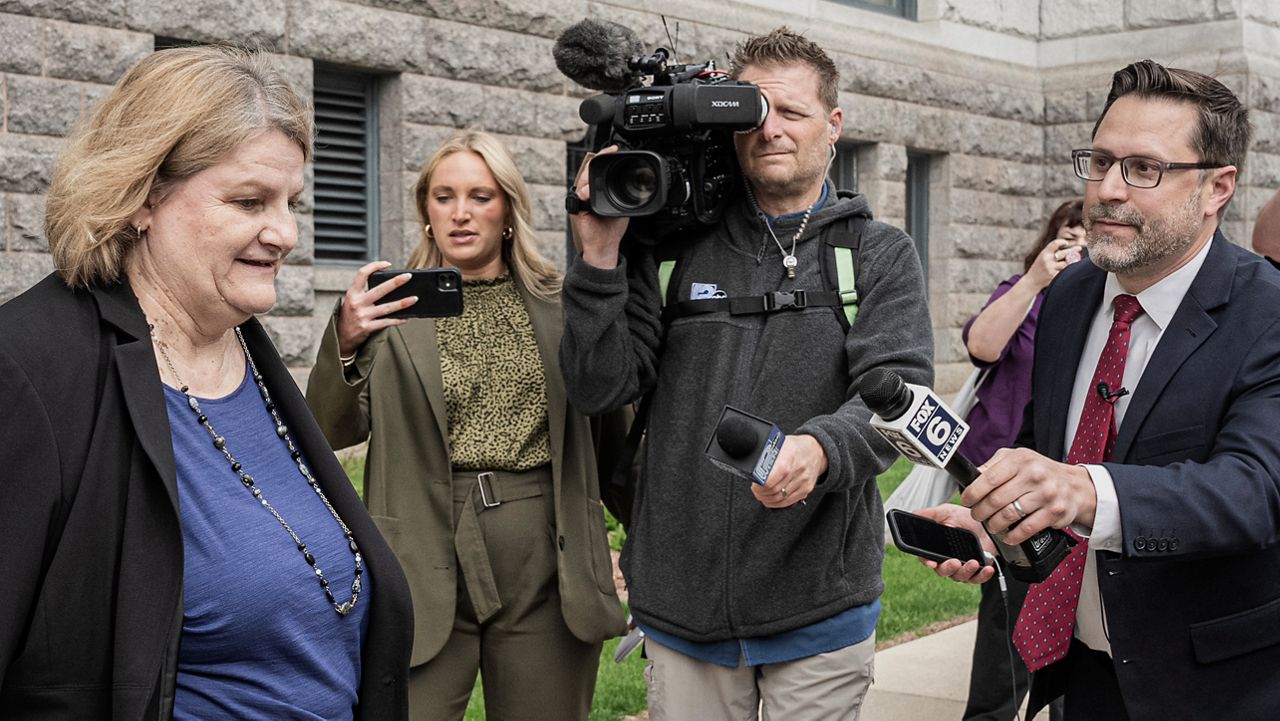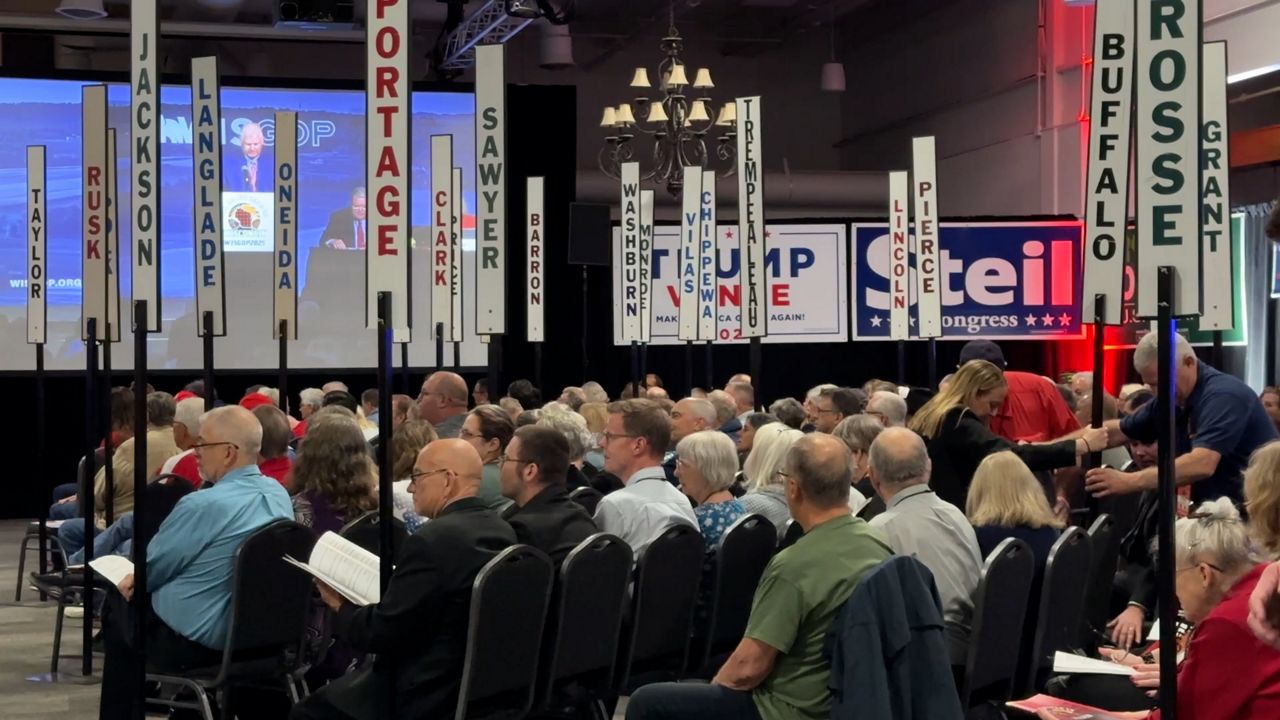WASHINGTON — If you feel your mail service isn’t what it used to be, you’re not alone. Some members of Congress are noticing delays, too.
“We sent something recently from Madison to Milwaukee, took three weeks to be delivered,” said Rep. Mark Pocan, D-Madison. “It’s our mail, so actually, I know it happened.”
Pocan serves on the House subcommittee that oversees the United States Postal Service (USPS). Wisconsin was part of a cost-saving pilot program launched under the former postmaster general Louis DeJoy called Local Transportation Optimization (LTO). The program ended the afternoon pickup of mail from post offices to reduce the number of trips by mail trucks. It resulted in a slowdown of mail service, especially in rural areas.
Tammy Hull, the USPS inspector general, said she visited Wisconsin to study how it affected service.
“There were collection boxes that weren't being emptied, so that the mail could enter into this system, because they didn't understand how the process worked,” she said. “Some of the drivers that went out to pick up the mail at the end of the day also were picking up mail from collection boxes, so lots of challenges.”
Still, after testing LTO in Wisconsin and Virginia, USPS this month expanded the program across the nation. The postal service admited that allowing for “flexibility” in schedules may delay mail by a day, but it also projected $36 billion in savings.
Pocan criticized the plan as one that prioritizes cost savings over delivering the mail.
“I think the single piece, first class, two day mail declined for all but one week, and the three-to-five day performance declined every single week after implementation,” Pocan said. “So clearly, the response by someone who is normal would have been to say, 'We better re-evaluate this before we go farther.' And instead, this is being expanded now nationwide.”
“One of their arguments for it is that it's not going to delay beyond the five days,” Hull responded, in part.
“It sounds like you're saying they understand there's going to be delays in mail,” Pocan said back.
Hull said her office will evaluate the service implications of the nationwide rollout, and whether or not USPS will be able to meet its standard of delivering first class mail within five days.
“It's a big change in the postal network, something that could have significant implications,” she said.
Hull is asking for nearly $307 million in the next budget. In addition to continuing the work of identifying fraud, and protecting against postal theft and drug trafficking, the Inspector General said additional funding will help monitor mail service as USPS implements changes.
“We need some answers on how to fix it, and they really need to have the additional staff supports that we can try to improve what, unfortunately, Postmaster DeJoy broke in Wisconsin and other places,” Pocan told Spectrum News.
The Office of the Inspector General can point out problems, but it’s up to USPS to implement solutions. Pocan said how this all shakes out depends on who the next Postmaster General is and whether or not there’s accountability. President Donald Trump picked DeJoy in his first term. He has not named a replacement.



